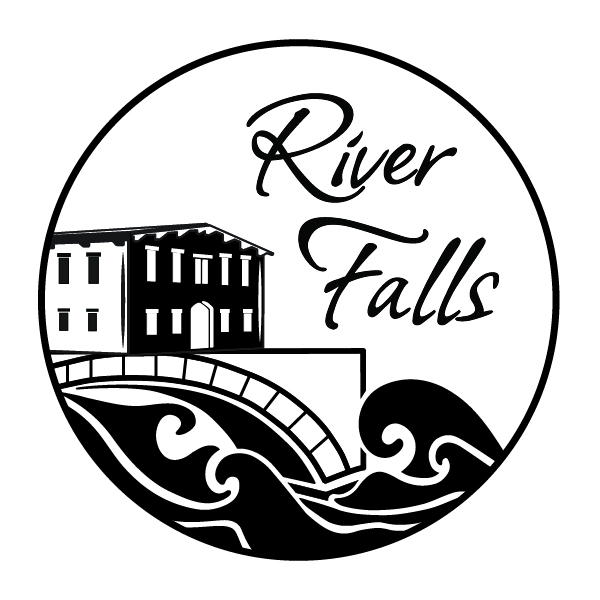
Sen. Calkin sponsors bills aimed at reducing PFAS exposure
STATE HOUSE – Sen. Jeanine Calkin is sponsoring several bills aimed at protecting Rhode Islanders from the dangers of per- and polyfluoroalkyl substances (PFAS).
PFAS are found in hundreds of consumer products, including nonstick cookware, food wrappers, cosmetics, waterproof jackets, carpets, stain- or wrinkle-resistant fabrics, firefighting foam and much more. These chemicals have been linked to cancer, and may cause adverse effects on the immune system and other tissues and organs.
They are often called “forever chemicals” because they are highly stable, so they don’t break down in the environment. The result is widespread contamination of water, agriculture and the food chain worldwide. In fact, PFAS chemicals have been found in 44% of tested water systems in Rhode Island.
Senator Calkin (D-Dist. 30, Warwick) is sponsoring three bills aimed at prohibiting PFAS from water sources and consumer products in Rhode Island.
“It’s remarkable how pervasive PFAS are, and how little control there is considering their permanence in our environment and the serious health problems that they may cause. If the federal government isn’t going to step up and protect the public, states like Rhode Island must step in,” said Senator Calkin. “There are still many questions about PFAS, but we know enough that we shouldn’t wait to insist they not be added to our products or allowed to contaminate our water.”
The first bill would require testing and reporting for PFAS in public water supply systems. Under the bill, the reports would be posted on the Department of Health website, and also provided to the Senate and the House of Representatives.
Numerous water systems in Rhode Island have been contaminated with PFAS in recent years, including a small system in Burrillville, along with several private wells, that had to be shut down in 2017 until they could be connected to another system. In that case, the pollution came from firefighting foam used by a nearby fire district. There remains, however, no state or federal requirement that water systems be checked regularly for PFAS.
The second bill would require public water suppliers to implement systems to remove PFAS from the water supply when contamination is identified. There are several methods available for removing PFAS that can be used in water treatment facilities and in individual buildings.
The final bill would prohibit PFAS chemicals from clothing, carpets and food packaging sold or produced in Rhode Island. PFAS is common in consumer products because of its long-lasting ability to repel stains and provide nonstick surfaces.
“Large corporations have profited over the decades from being able to advertise their products as non-stick, stain resistant or wrinkle-free. But they haven’t been required to disclose that in exchange for those conveniences, we are being exposed to chemicals that may cause cancer and pose other serious health threats, and stay in our bodies, our water and our environment for a very long time, possibly forever,” said Senator Calkin. “The public deserves better protection. These chemicals are not harmless, and we shouldn’t be wrapping our food, our bodies and our homes in them.”













